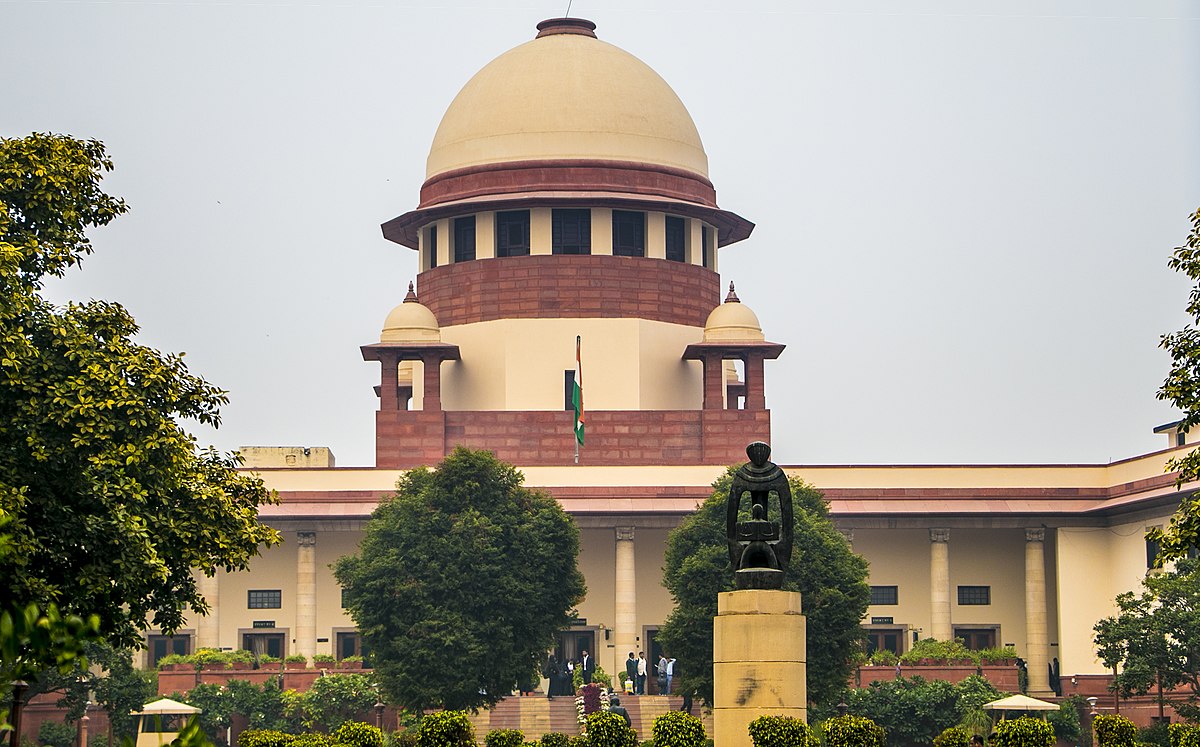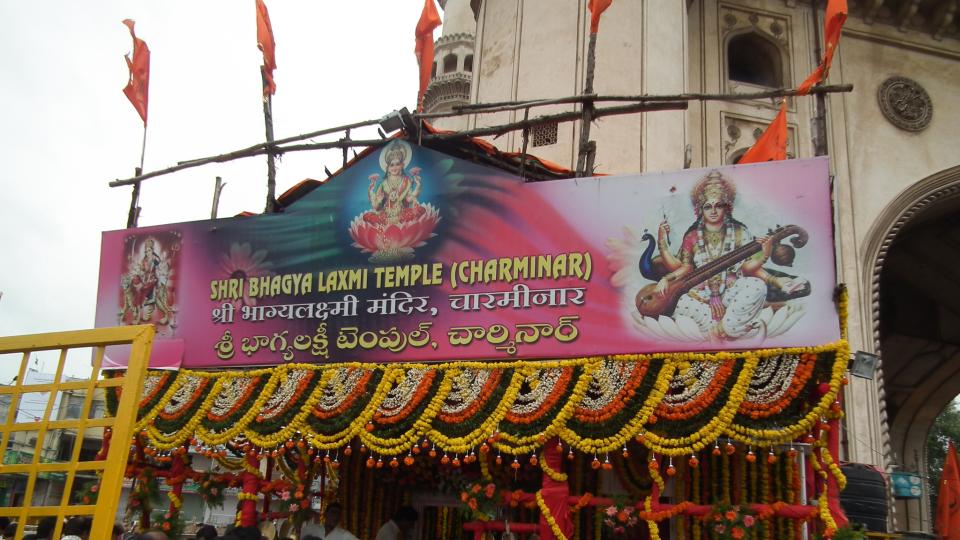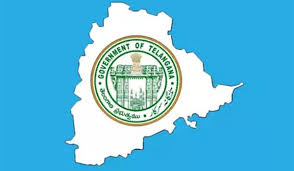18-day Monsoon session of Parliament set to begin from tomorrow
Sun 13 Sep 2020, 21:18:42
.jpg)
The monsoon session of the Parliament is set to begin from Monday (September 14) and will be the first Parliament sitting since the outbreak of coronavirus pandemic.
The fourth session of the 17th Lok Sabha and 252nd session of Rajya Sabha will begin on September 14 and subject to exigencies of Government Business, which may conclude on October 1.
The session will provide a total of 18 sittings spread over a period of 18 days which will also include Saturdays and Sundays.
Notably, a total of 47 items have been identified to be taken up during the Monsoon Session which includes 45 bills and 2 financial items.
The total eleven Bills replacing the ordinance are:
(i) The Farmers’ Produce Trade and Commerce (Promotion and Facilitation) Bill, 2020.
(ii) The Farmers (Empowerment and Protection) Agreement on Prices Assurance and Farm Services Bill, 2020.
(iii) The Homoeopathy Central Council (Amendment) Bill, 2020.
(iv) The Indian Medicine Central Council (Amendment) Bill, 2020.
(v) Essential Commodities (Amendment) Bill, 2020.
(vi) The Insolvency & Bankruptcy (Second) Amendment Bill, 2020.
(vii) The Banking Regulation (Amendment) Bill, 2020.
(viii) The Taxation and Other Laws (Relaxation of Certain Provisions) Bill, 2020.
(ix)The Epidemic Diseases (Amendment) Bill, 2020.
(x) The Salary and Allowances of Ministers (Amendment) Bill, 2020.
(xi) The Salary, Allowances, and Pension of Members of Parliament (Amendment) Bill, 2020. Further, there are some important pending legislations in the Houses required to be considered and passed during the Session.
They include:
(i) The Pesticides Management Bill, 2020.
(ii) The National Commission for Indian System of Medicine (NCIM) Bill, 2019 as passed by the Rajya Sabha.
(iii) The National Commission for Homoeopathy (NCH) Bill, 2019 as passed by Rajya Sabha.
(iv) The Institute of Teaching and Research in Ayurveda Bill, 2020 as passed by Lok Sabha.
(v) The Aircraft (Amendment) Bill, 2020 as passed by Lok Sabha.
(vi) The Companies (Amendment) Bill, 2020.
(vii) The Medical Termination of Pregnancy (Amendment) Bill, 2020 as passed by Lok Sabha.
(viii) The Surrogacy (Regulation) Bill, 2020 as passed by Lok Sabha.
(ix) The Rashtriya Raksha University Bill, 2020.
(x) The National Forensic Science University Bill, 2020.
(xi) The Indian Institutes of Information Technology Laws (Amendment) Bill, 2020 as passed by Lok Sabha (xii)The Inter-State River Water Disputes (Amendment),
Bill, 2019 as passed by Lok Sabha.
Bill, 2019 as passed by Lok Sabha.
(xiii) The Dam Safety Bill, 2019 as passed by Lok Sabha.
(xiv)The Major Port Authorities Bill 2020.
(xv) The Code On Social Security and Welfare, 2019.
(xvi) The Occupational Safety, Health, And Working Conditions Code, 2019.
(xvii) The Industrial Relations Code Bill, 2019.
Some other new bills are also likely to be introduced, considered, and passed during this session. They include:
(i) The Bilateral Netting of Financial Contracts Bill, 2020.
(ii) The Factoring Regulation (Amendment) Bill, 2020.
(iii) The Pension Fund Regulatory And Development Authority (Amendment) Bill, 2020.
(iv) The National Commission for Allied and Healthcare Professions Bill, 2020.
(v) Assisted Reproductive Technology (Regulation) Bill, 2020.
(vi) The Government of National Capital Territory of Delhi (Amendment) Bill, 2020.
(vii) The Foreign Contribution (Regulation)Amendment Bill, 2020.
(viii) The Representation of People (Amendment) Bill, 2020.
(ix) The Prohibition of Employment as Manual Scavengers and their Rehabilitation (Amendment) Bill, 2020.
(x) The Juvenile Justice (Care and Protection of Children) Amendment Bill, 2020.
(xi) The Multi-State Cooperative Societies (Amendment) Bill, 2020.
(xii) The Jammu and Kashmir Official Language, Bill, 2020.
Few bills for withdrawal during the session are:
(i) The Allied and Healthcare Professions Bill, 2018.
(ii) The Mines (Amendment) Bill, 2011.
(iii) The Inter-State Migrant Workmen (Regulation of Employment and Conditions of Service) Amendment Bill, 2011.
(iv) The Building and Other Construction Workers Related Laws (Amendment) Bill, 2013.
(v) The Employment Exchanges (Compulsory Notification of Vacancies) Amendment Bill, 2013.
Since this is the first Parliament session being held amid the coronavirus pandemic, all safety measures have been taken to conduct the session as per guidelines issued for COVID-19.
There will be a four-hour session for each House each day (9 am to 1 pm for Rajya Sabha and 3 pm to 7 pm for Lok Sabha, but on September 14, the Lok Sabha will meet in the morning session).
The session will see other measures like seating MPs in a staggered way in chambers of both Houses, as well as galleries to maintain physical distancing norms, the introduction of a mobile app for registering of MPs’ attendance, and seats separated with poly-carbon sheets in the House.
The Zero Hour will be there and the un-starred questions will be laid on the table.
No Comments For This Post, Be first to write a Comment.
Most viewed from National
Most viewed from World
AIMIM News
Delhi Assembly polls: Owaisi leads Padyatra in Okhla
Feb 01, 2025
We reject this Waqf Amendment Bill: Asaduddin Owaisi
Jan 30, 2025
Latest Urdu News
Most Viewed
May 26, 2020
Which team will win the ICC Men's Champions Trophy 2025 held in Pakistan/Dubai?
Latest Videos View All
Like Us
Home
About Us
Advertise With Us
All Polls
Epaper Archives
Privacy Policy
Contact Us
Download Etemaad App
© 2025 Etemaad Daily News, All Rights Reserved.

.jpg)
.jpg)
.jpg)
.jpg)
.jpg)
.jpg)
.jpg)
.jpg)




.jpg)
.jpg)
.jpg)
.jpg)
.jpg)
.jpg)
.jpg)
.jpg)





















